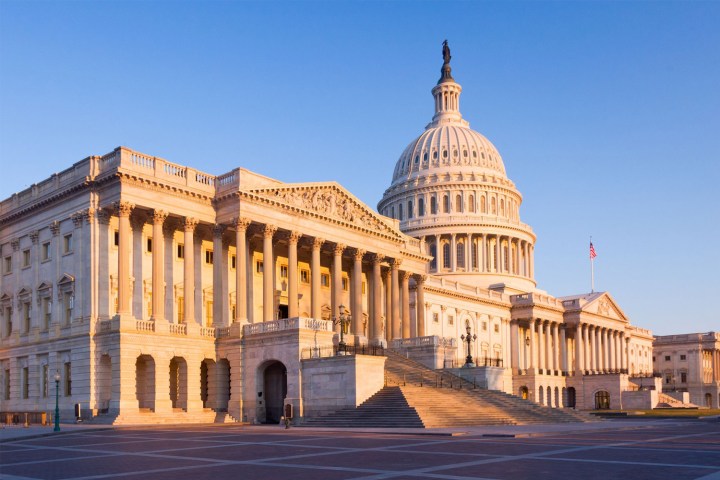
The amendment fell two votes short of the 60 that were required for it to pass, according to a report from ZDNet. Senate Majority Leader Mitch McConnell — who apparently changed his vote to oppose the amendment at the very last minute in a procedural maneuver that allows him to revive the amendment — submitted a motion to review the result after the rejection of the amendment was announced.
Sen. John McCain proposed the amendment on Monday, tying the new legislation to this month’s mass shooting in Orlando, Florida. It aimed to give federal agents more freedom in their efforts to track the online movements and communications of individuals posing a potential risk to national security.
If the amendment were to pass, federal agents would not be required to obtain a warrant to access phone logs, email exchanges, and location data from cellphone and internet browsing histories. This would certainly make it easier to pursue criminals, but there’s some debate as to whether it could breach the privacy of law-abiding citizens.
The federal government can already utilize national security letters to request information pertaining to cases like these, and these subpoenas do not require authorization from a judge. The proposed amendment seeks to expand upon those abilities.
The Obama administration was pushing for the amendment to pass, and there has been plenty of support from across the aisle, too. Tech companies have offered up resistance to the proposal, with Apple a key player following its lengthy dispute with the FBI over an iPhone central to the investigation into the 2015 mass shooting in San Bernardino, Calif.
While this is a major setback for the amendment, it seems unlikely that its supporters will drop the issue. The trade-off between privacy and protection is a thorny issue, and plenty more discussion should be expected before either side can declare victory.


